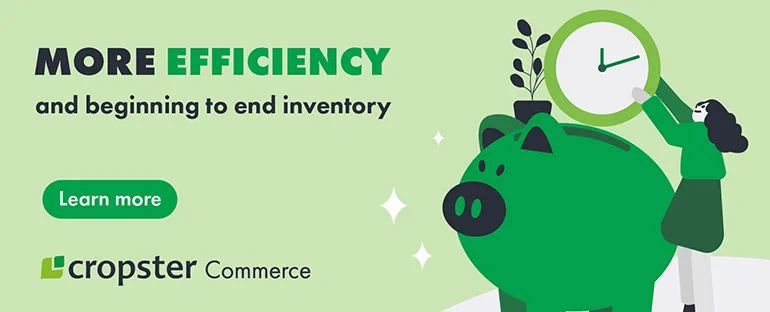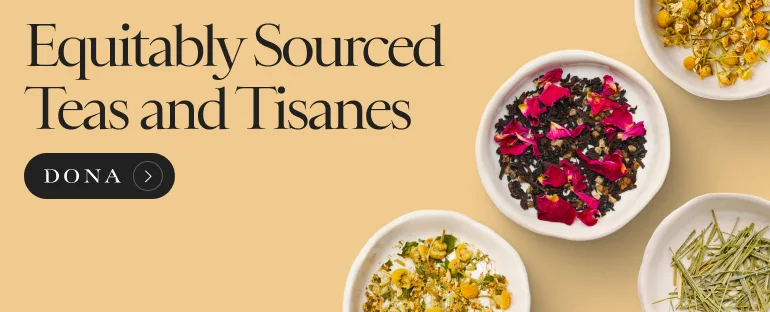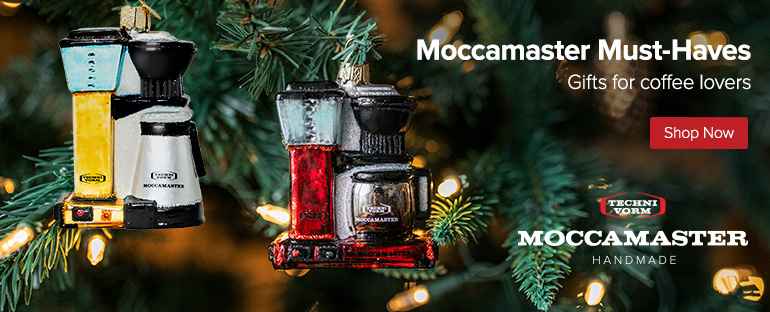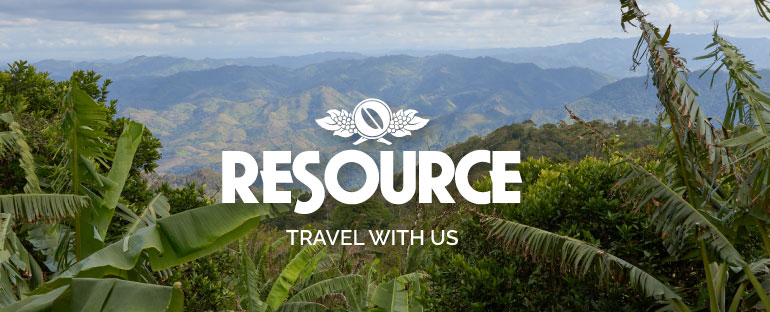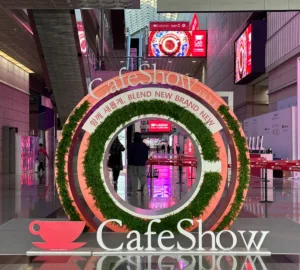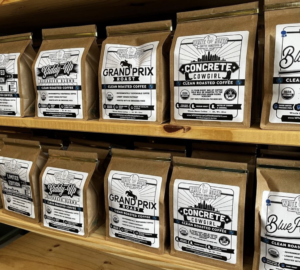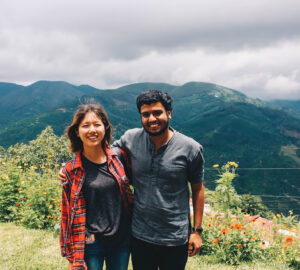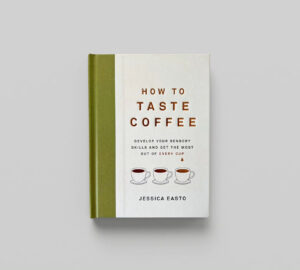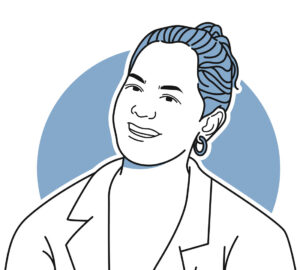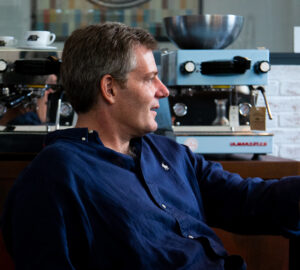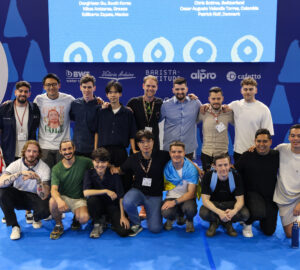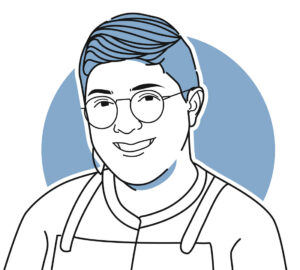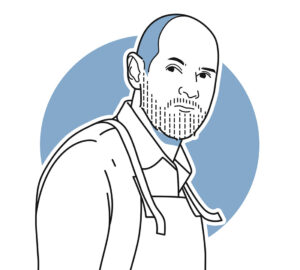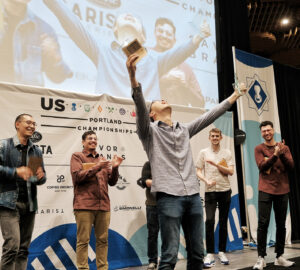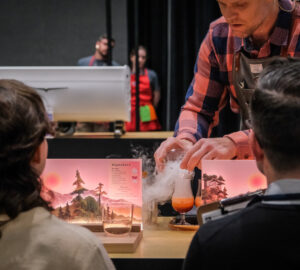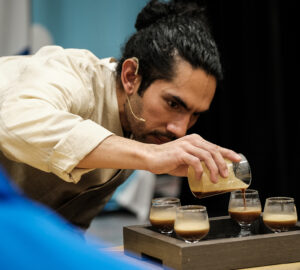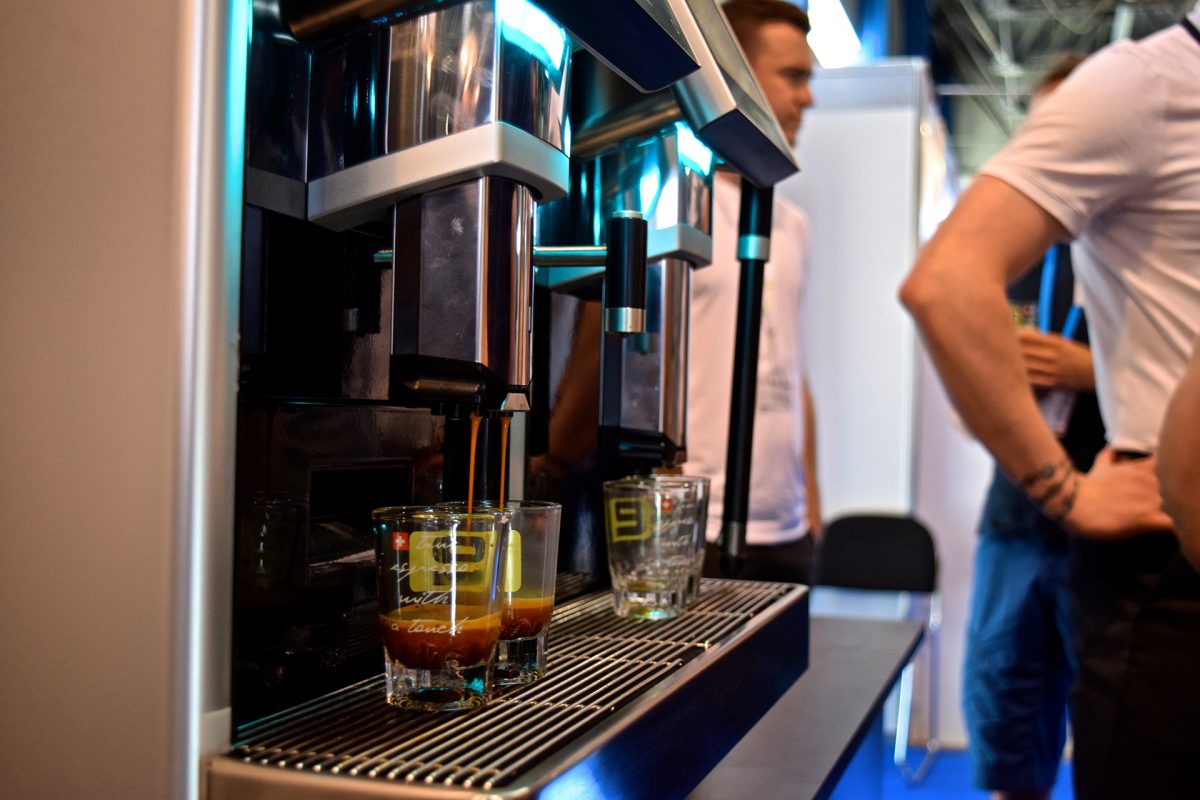
Super automatic espresso machines and specialty coffee: never the twain shall meet… Or so we thought until experiencing the Eversys e’Barista System at World of Coffee Budapest 2017. It helped, too, that our guide was Eversys brand ambassador Matt Perger, the multi-title-holding coffee champ and Barista Hustle founder from Melbourne.
Perger told Sprudge all about how a Swiss-engineered bean-to-cup modular machine can produce something really super—that is, specialty coffee barista-level espresso. Demonstrations in Budapest were on a two-group e’4m, one of eight Eversys models currently available, which can handle 350 23-second espressos per hour and has an in-built milk heating and frothing module. The proof was in the pushing, and the use of two Cup of Excellence coffees from April Coffee Roasters (roasted by the capsule-friendly Patrick Rolf) also helped pull in crowds and buzz throughout the week in Hungary.
A new, sleeker model that Perger has been helping develop debuts at HostMilano in October.
This interview has been condensed and edited for clarity.
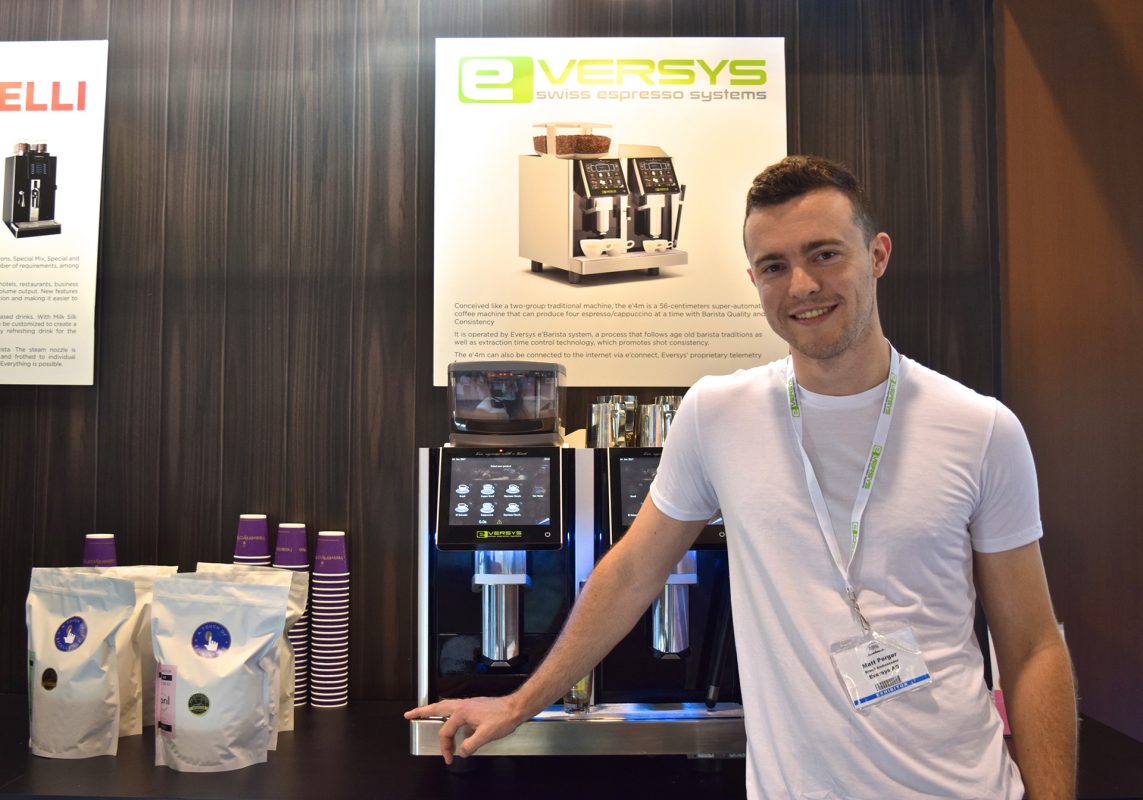
Tell us about your role as brand ambassador.
One part of that is the marketing side, which is helping specialty coffee and Eversys be introduced to each other because they’re in pretty separate worlds right now and helping coffee people understand that it’s not the bogeyman: it’s just a machine that will help you do things differently than you have been before.
The other side of that coin is that I’m also helping them with the development of the machine itself: their software, the user interface—like, how would a specialty-coffee person want to interact with the machine?
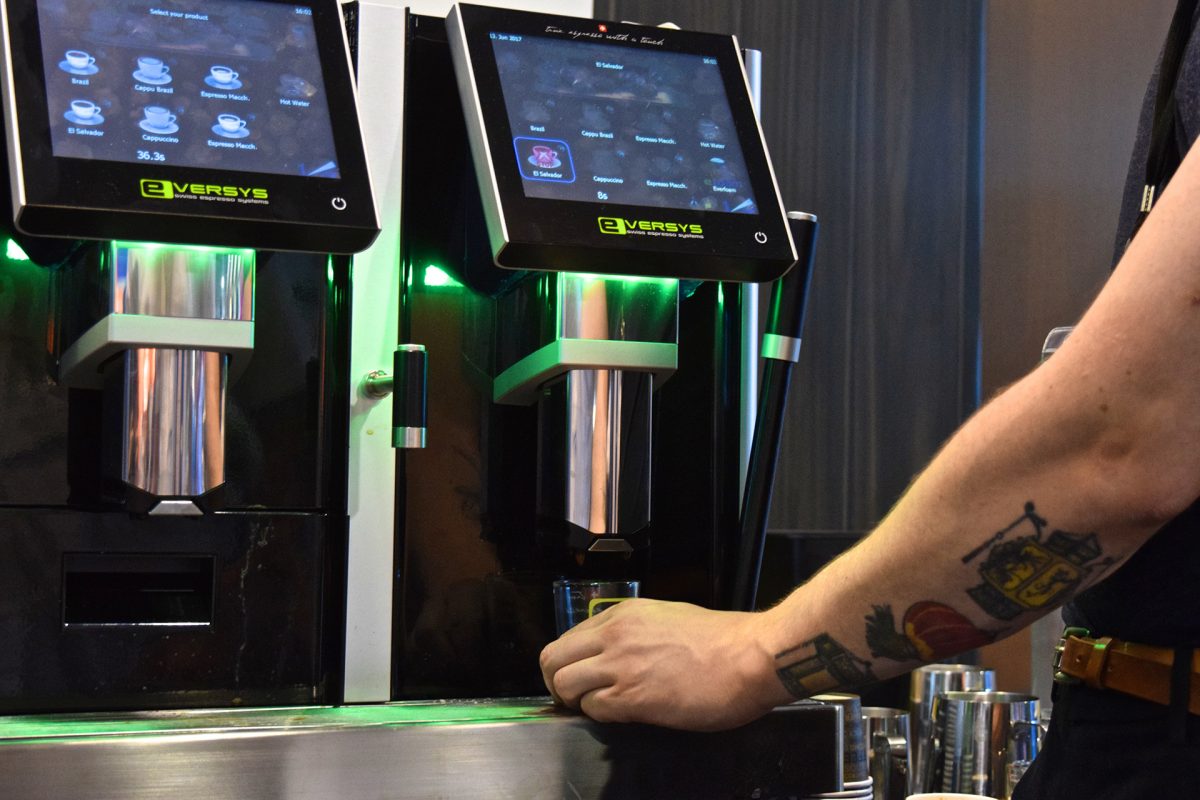
How does Eversys make tastier coffee than other super automatics?
A lot of the super automatic machines that are out, the primary aim of them is to make the machine as cheap as possible. It is a margins game that those companies are playing because they’re working with resellers and they’re selling to the likes of global corporate 10,000-shop sort of accounts, so every dollar really matters, and that means that they’ve made sacrifices in the quality of how the coffee is made. Secondly, the coffee that they’re using to test those machines and that they always use in those machines is so rubbish, that you wouldn’t even know if you’re making it badly because it’s just bad.
So Eversys started to look at how the best coffee is made and then sort of reverse-engineer that, reduced it down still—you know, we can’t literally have a monkey in a closet making coffee the way a barista does. But there are certain things that you can’t compromise on, like the grinder has to work just like a really good grinder would work. The brewing chamber has to work just like a regular espresso machine would work. It has to know how much coffee is in there, not just: there’s some coffee in there. It has to measure everything just like a barista would and it has to act throughout the day to counter for changes in an agricultural product like coffee.
Once you add all of that together, you end up with a pretty robust machine that makes as many decisions as 99 percent of baristas would.
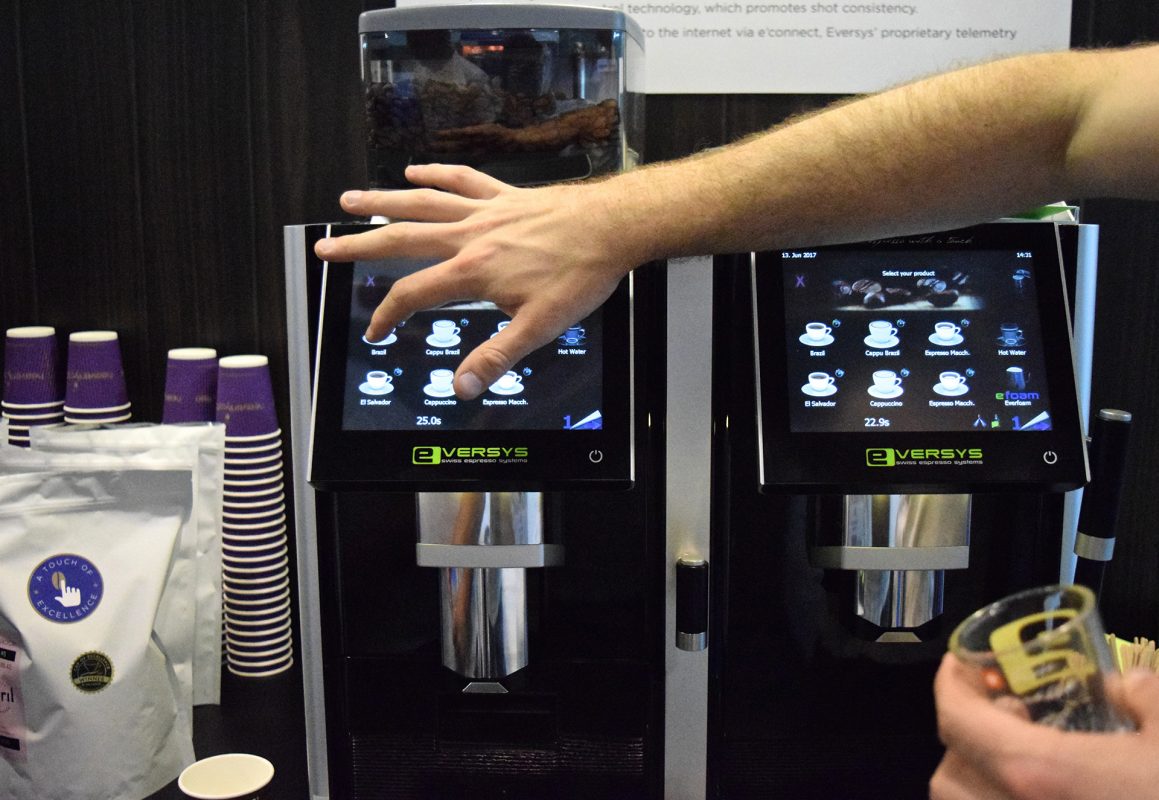
So the machine operator needs to push buttons—what else?
Pour beans in the top and fill up the milk. If you want to do latte art, then you can have the milk and the coffee come out separately and then pour your latte art onto the drink. It steams milk just as well as a barista can.
What about settings?
You can choose how much coffee goes in, you can choose how much coffee comes out. You choose the time for the shot, so it’s just the decisions that you would make as a barista anyway except it will then monitor that throughout the day and make sure that it stays the same. So it’s really just doing what a barista does.
Whom would you recommend this for?
Not for the highest-end specialty bars, at the moment. Eversys is aiming at businesses like offices, corporate offices, large hospitality chains (like groups), and businesses where training staff to make high-quality coffee just isn’t feasible, businesses that might have large turnover of staff, businesses that can’t afford to invest in the same level of quality that a high-quality espresso bar would. And that’s now… Very soon they’re going to be creating machines that look and feel and act as though they should be in that specialty-quality space as well. But the interesting thing is that that’s just a cosmetic change. The machine makes perfectly good coffee—as well as any barista can; it just doesn’t look like it does.
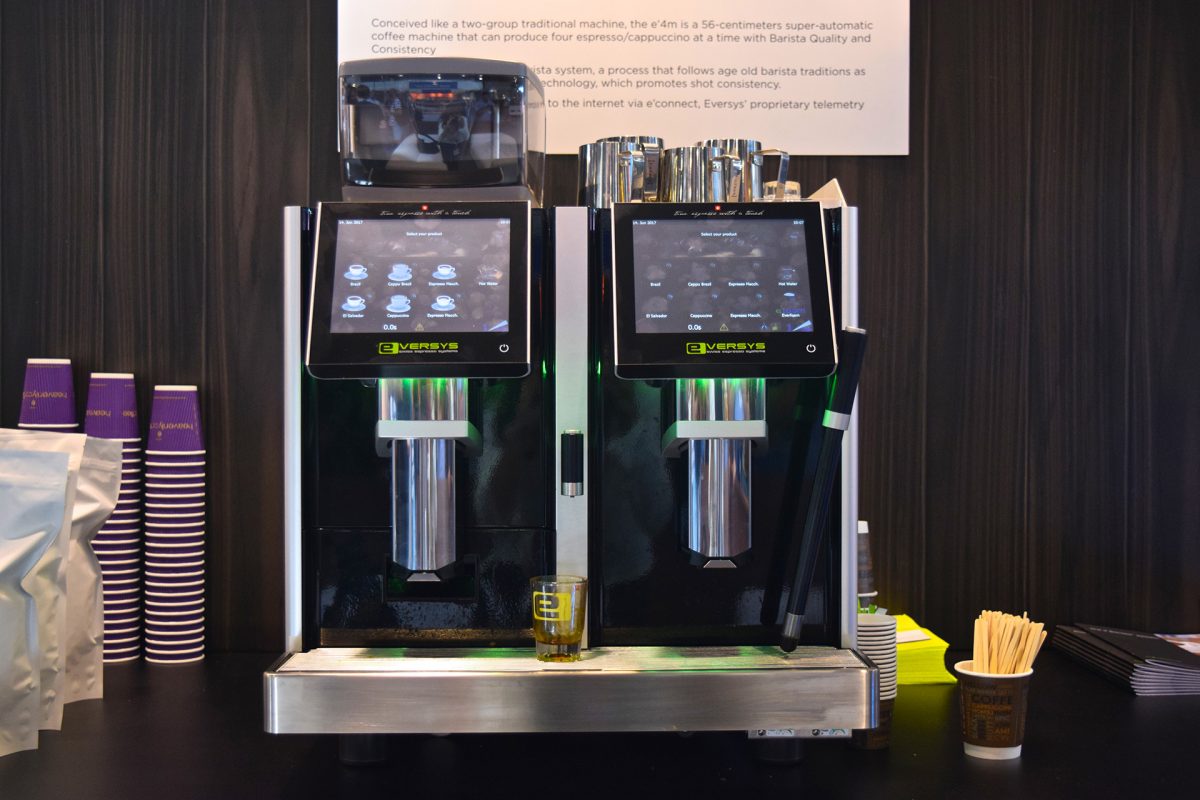
Karina Hof is a Sprudge staff writer based in Amsterdam. Read more Karina Hof on Sprudge









